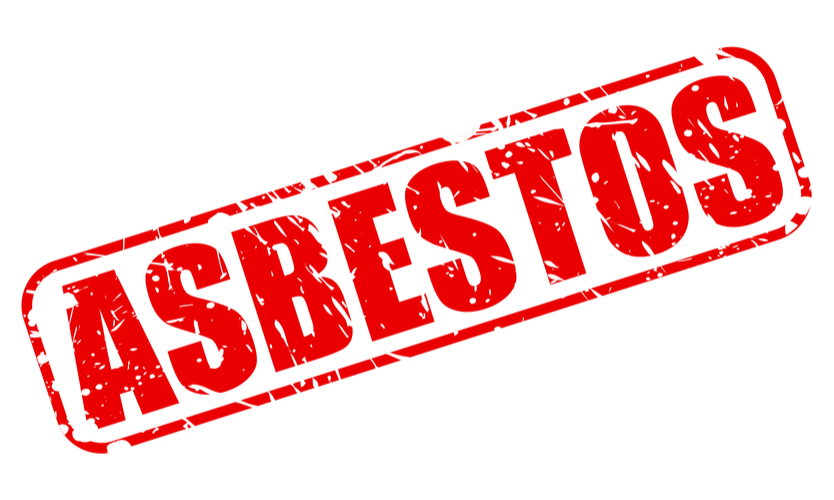High court says insurer has standing in asbestos bankruptcy dispute
- October 24, 2025
- Posted by: Web workers
- Category: Finance

The U.S. Supreme Court unanimously ruled Thursday that an insurer is a party in interest that can object to a company’s bankruptcy settlement for asbestos mass tort claims.
The justices overturned a ruling by the 4th U.S. Circuit Court of Appeals in Richmond, Virginia, in Truck Insurance Exchange v. Kaiser Gypsum that the insurer could not object to the settlement because it was found to be insurance neutral.
“The fact that Truck’s financial exposure may be directly and adversely affected by a plan is sufficient to give Truck a right to voice its objections,” Justice Sonia Sotomayor wrote for the high court.
Kaiser Gypsum filed for bankruptcy in September 2016 as it faced 38,000 asbestos injury suits dating back to 1978. A federal bankruptcy judge in Virginia approved its Chapter 11 reorganization plan in August 2021. The plan included the establishment of a $50 million settlement trust for asbestos injury claims, court records show.
Truck, a Farmers Group Inc. unit, provided commercial general liability policies to Kaiser Gypsum from the 1960s until 1983. A 1974 policy that provided $500,000 in coverage per claim with no aggregate limit was the focus of Truck’s objection.
The insurer failed to persuade a federal judge in Richmond, as well as the 4th U.S. Circuit Court of Appeals that it was a party in interest that had standing to object to the reorganization plan. Truck, which potentially bears the financial burden of 14,000 insured claims against Kaiser Gypsum, complained that only uninsured claims contained fraud-prevention measures.
The Supreme Court said in its ruling that “broad participating promotes a fair and equitable reorganization process,” and pointed out that insurers, such as Truck, that have a financial responsibility for bankruptcy claims are parties in interest.
The high court said that neither Kaiser Gypsum nor the asbestos claimants have an incentive to limit the defense and payment of injury claims. Truck, however, “may well be the only entity with an incentive to identify problems with the plan,” it said.
Justice Alito did not participate in the consideration or the decision.
“We’re very pleased that the Supreme Court unanimously held that insurers have a direct and obvious interest in their insured’s reorganization, and so have a broad right to be heard in bankruptcy cases,” said Dallas-based Allyson N. Ho of Gibson Dunn & Crutcher, which represents Truck.
Representatives for Kaiser Gypsum did not respond to requests for comment.



